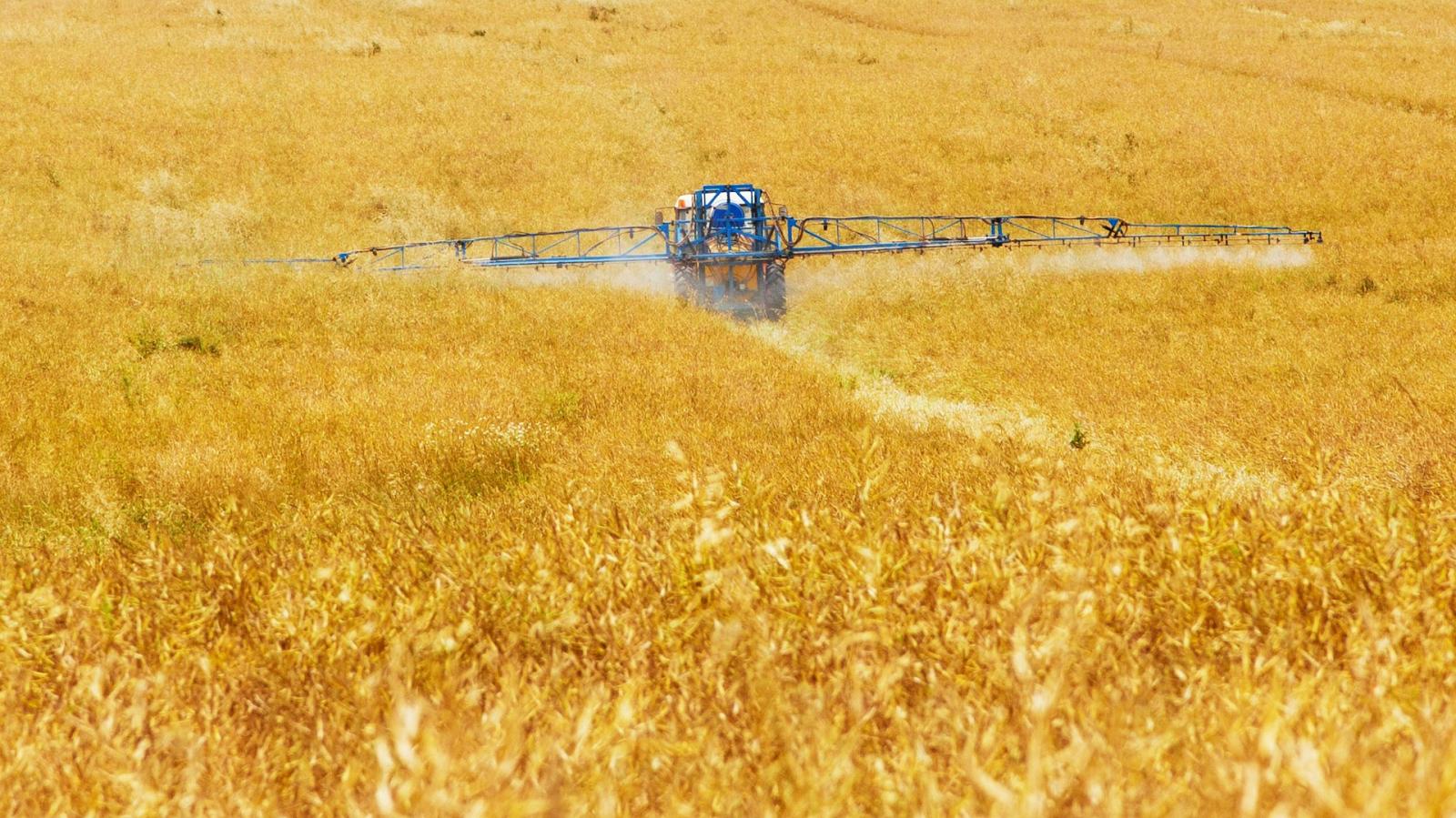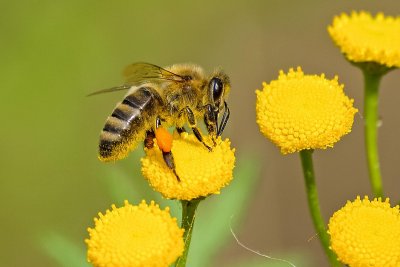News • Good Food Trade Campaign
Unregulated pesticides could pose major risk to human health after Brexit
Sustain member PAN UK say that the UK is woefully unprepared to regulate pesticide use after Brexit which poses major risks to environment and human health.

The UK could lose access to the European Union’s array of institutions and expertise to regulate pesticides after Brexit, leaving its ability to protect human health, wildlife and the natural environment greatly diminished. A briefing paper by Food Research Collaboration and Pesticide Action Network UK (PAN UK) written by Josie Cohen, Nick Mole and Keith Tyrell shows that there is a looming ‘governance gap’
Crucial roles currently performed by EU bodies include deciding which pesticides can be used in the UK and setting the levels of pesticide residues permitted to appear in food. The European system also provides much-needed scientific support and incorporates a number of important checks and balances designed to ensure that decisions on pesticides are made transparently and independent from the vested interests of the pesticide industry. Despite assurances in the recent Draft Withdrawal Agreement that the UK will remain aligned with EU pesticide decisions until the end of the transition period, there is no clarity on what will happen afterwards.
Josie Cohen, Head of Policy and Campaigns at PAN UK, said:
“The UK will either need to create new institutions and bodies that can fill this ‘governance gap’ after Brexit or at least ensure that there are systems and staff in place to fulfil the functions previously carried out by EU bodies. The Government urgently needs to invest in ensuring that, post transition period, the UK system is fit-for-purpose. Otherwise it risks a major weakening of UK pesticide standards, which would enable a greater variety of hazardous pesticides to be used in larger quantities.”
Trade deals risk weakening pesticide rules
The briefing also reveals how future trade deals could undermine UK pesticide standards after Brexit. The UK government is already under pressure from pro-pesticide lobby groups and countries with weaker protections to slash pesticide regulations. A future trade deal with the US in particular – where almost three times the number of active substances are authorised for use than in the UK – threatens to allow the use of carcinogens and other substances of high toxicological concern, as well as the import of food with higher residue levels.
Nick Mole, Policy Officer at PAN UK explained:
“A future trade deal with the US is highly concerning since we have seen how the US Government has attacked the EU’s high pesticide standards in previous trade negotiations. The EU has had the power and negotiating experience to resist these attempts, but whether the UK will be able to do the same is highly questionable. If the Government is serious about delivering a ‘Green Brexit’, then it must ensure that no weakening of standards occurs through trade deals with non-EU countries.”
The authors argue that upholding pesticide standards is key if the UK wants to continue exporting agricultural products to the EU, its biggest market. To maintain current levels of trade, the UK must ensure that it complies with the residue limits for pesticides set by the EU.
An opportunity to adopt tried-and-tested alternatives
The PAN UK briefing paper argues that in the long term the UK should maintain the EU’s approach to pesticide regulation, banning active substances that are judged to be intrinsically dangerous. In addition to mirroring the EU regime, the authors highlight that the UK government should take the unique opportunity presented by Brexit to adopt additional measures which have been proven to reduce pesticide use in other countries, namely a pesticide reduction target, a pesticide tax and the establishment of a body designed to assist farmers to switch to non-chemical alternatives to pesticides.
There is a strong preference among voters, both Leave and Remain, to retain the EU’s pesticide standards. In fact, a majority of UK citizens want fewer pesticides in their food, farms and feed post-Brexit.
Read the full report.
Published Thursday 6 December 2018
Good Food Trade Campaign: Campaigning for good trade that benefits people and the planet at home and overseas.





